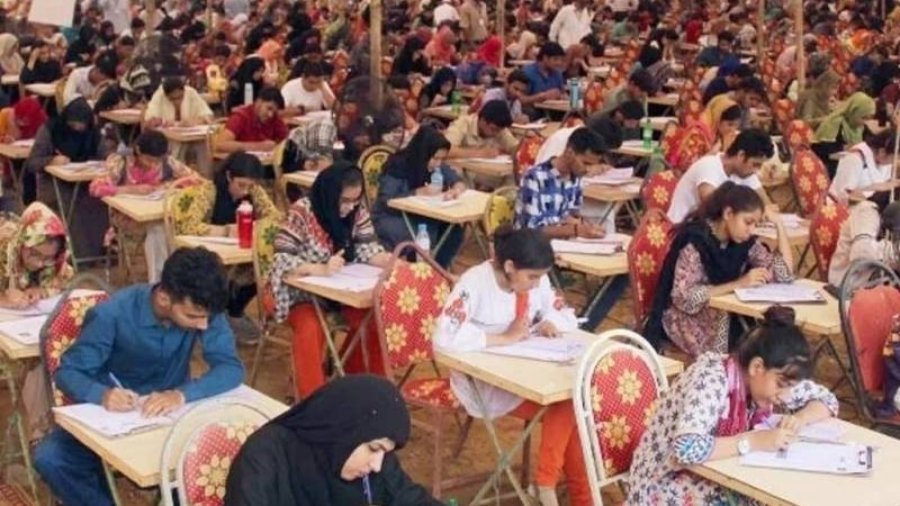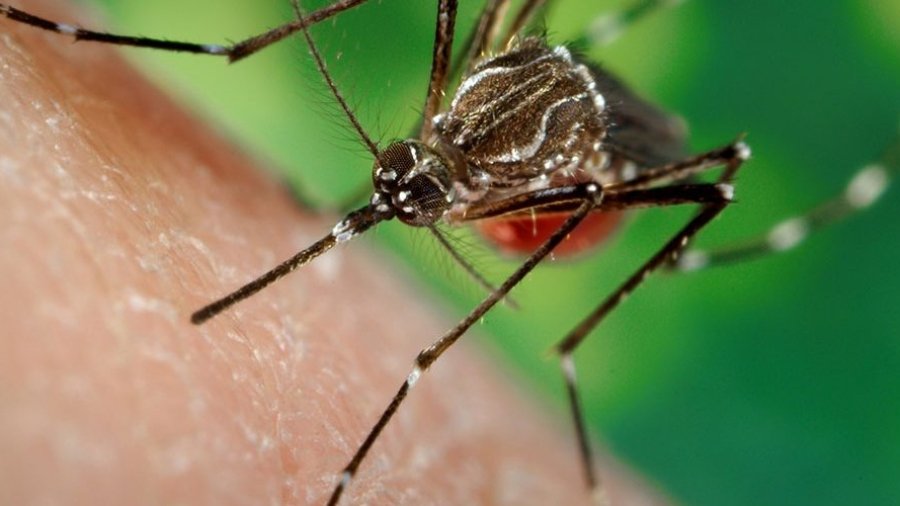PESHAWAR: In a significant step towards bolstering the fight against terrorism, the Chief Justice of the Peshawar High Court (PHC), Mohammad Ibrahim Khan, inaugurated the newly constructed Anti-Terrorism Courts (ATC) in Mardan on Monday. These specialized courts have been equipped with advanced technology to facilitate trials in accordance with international norms related to terrorism cases.
During his inaugural address, Chief Justice Mohammad Ibrahim Khan acknowledged the devastating impact of terrorism on Khyber Pakhtunkhwa, emphasizing its adverse effects on economic progress, social structures, and the political landscape of the province. He expressed the gravity of the loss in terms of both human lives and infrastructure.
Chief Justice Khan underscored the pivotal role of the judiciary in safeguarding the rights of the people and upholding the fundamental principles upon which society is built. He referred to the newly inaugurated ATCs as “bastions of justice” and “beacons of hope” for all those affected by the aftermath of terrorism.
“These specialized courts,” he stated, “will not only ensure that the lives lost to acts of terror are not forgotten but also provide a place for survivors to seek solace, healing, and closure.” Chief Justice Khan emphasized the importance of fairness, impartiality, and efficiency in the judicial process and highlighted that the ATCs comprise highly skilled judges, prosecutors, and counter-terrorism experts. Additionally, they are fully equipped with the necessary resources, training, and support to fulfill their sacred duty of delivering justice.
In a broader context, Chief Justice Khan asserted that the fight against terrorism is not the sole responsibility of the judiciary but necessitates a comprehensive and coordinated effort involving all branches of government, law enforcement agencies, intelligence services, and the general public. He stressed the need for these agencies to work collectively to dismantle terrorist networks, disrupt their financing, and counter the extremist ideologies that drive their actions.
The inauguration of these advanced Anti-Terrorism Courts in Mardan reflects the commitment of the legal and judicial system in Khyber Pakhtunkhwa to address the scourge of terrorism and ensure that justice prevails in the face of these heinous acts.




